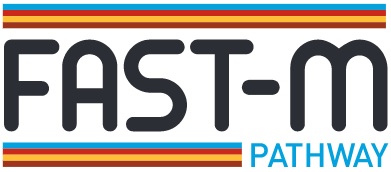Evaluation of the FAST-M maternal sepsis bundle, a feasibility study

Type of study: A multi-centre controlled study, with a before and after design.
Aim: This study aims to determine whether it is feasible to introduce a complex intervention (including a bundled approach) to maternal sepsis care in resource-poor settings such as Malawi, to optimise an appropriate care bundle and to identify and carefully describe the facilitators and barriers to its implementation.
We have developed a treatment bundle entitled “FAST-M”. The ‘FAST-M’ acronym stands for consideration of the following treatment components:
- Fluids
- Antibiotics
- Source Control
- Transport
- Monitoring (of mother and newborn)
Objectives:
1) Optimise the content and delivery of the FAST-M decision and treatment tools and the on-site training programme.
2) Assess whether the use of the FAST-M bundle is feasible in the Malawian healthcare system and improves sepsis care.
3) Prepare the FAST-M intervention for a large-scale intervention trial.
Data analysis: A mixed method analysis using both quantitative and qualitative data will be undertaken to assess whether this complex intervention to improve maternal sepsis care can be feasibly introduced into resource-poor settings. Quantitative analysis will examine how closely elements of the intervention were followed by healthcare practitioners and the corresponding patient outcomes. A thematic analysis will be conducted to identify the barriers and enablers to the intervention.
Study sites: 15 sites across Malawi (12 health centres, 2 community hospitals and one district hospital).
Setting: Antenatal and gynaecology departments, both inpatient wards and outpatient clinics.
Duration of study: It is anticipated the feasibility study will last for one year.
Sponsor Ref: RG_16-150
Sponsor: University of Birmingham
Chief Investigator: Dr David Lissauer
Coordinating Centre: Institute of Metabolism and Systems Research
Funders: University of Birmingham, MSD for Mothers, Ammalife
Collaborators: World Health Organisation, Jhpiego